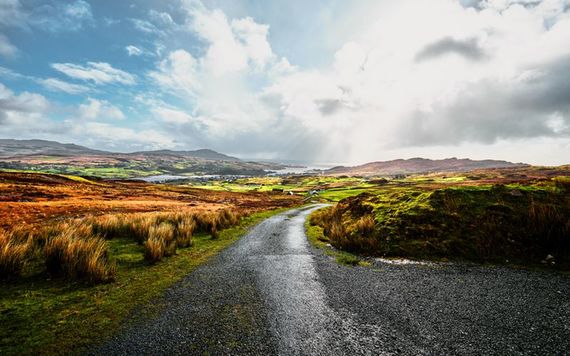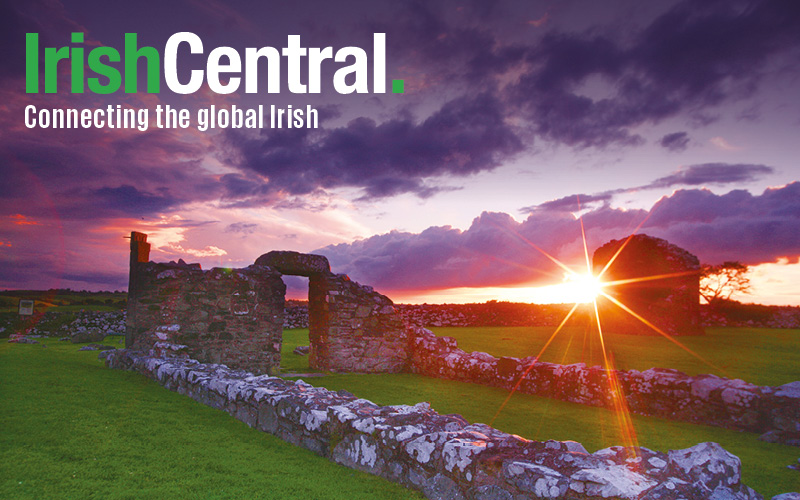Nations are just like people, they cannot grow until they can finally tell the truth about themselves. That's what's happening in Ireland now.
If you want to understand modern Ireland's greatness, visit Rome. Specifically, take the time to walk into St. Peter's Square and get into the long line to visit the dome designed by Michelangelo.
You'll be astonished by the scale and sheer grandeur of his work. He clearly understood that he was creating a monument to defy time.
It probably came naturally to him. His own life as a boundary pushing artist and an openly gay man had defied his own time too. Luckily his paymaster (Pope Julio II) was happy to benefit from his brilliance with one hand whilst blighting the truth of his life with the other. That's the way it had worked for centuries. That's the way it was expected to continue to work.

St. Peter's Square in Rome
Nations are just like people, they cannot grow until they can finally tell the truth about themselves. It's a difficult process that's filled with pain and hard reckoning. But it lifts the lid off decades and sometimes centuries of lies and half truths and it lets sunlight, the greatest disinfectant of all, do its work.

St. Peter's Square in Rome
As a boy growing up in Donegal I knew I was living in a beautiful backwater, a place of great absences that had been decimated by plantation and famine and recession and partition. When our extensive national railways had been closed, long before my birth, it was as if the nations central nervous system had been ripped out, and much of its economic clout too.
So Donegal was practically in a state of nature by the 1980's. Not every house had a phone. Interiors were mostly spartan and functional. The houseproud would cover their “good room” in plastic or vinyl. I have no idea what eminent visitors they were anticipating up there. But they never thought to enjoy those “good rooms” themselves.
It was as if we were all waiting for something, I used to think. But waiting for what? A change of course, or an explanation, or an apology, or all three? Everyone knew what the problems were: our faltering economy, the war in the north, how we treated women, minorities, the unfavored, the vulnerable, the outcasts, the poor. The problems were all as persistent as they were palpable. No one seemed to know what to do about them though.

For decades troublesome young women had been disappeared into laundries and mother and baby homes and asylums and they had left without a word. In fact they often vanished overnight, as though they had never existed.
Like them I could feel my society telling me, everywhere and all the time, that I had to be invisible and shut up. That there was no room for the like of me, a wee gay lad, in the national narrative. Not even a walk on part. And certainly not in Donegal. It was up to me to grasp the implications and vanish. My response was unusual. I refused to go silently. Instead I decided to give them a show. Try to silence me and write me out of this, I defied them, watch what happens.
Standing in the Vatican in Rome this week I had a sense of how dazzled the previous generations of young Irish clerics must have been by all the sheer grandeur. They must have felt proud to be in some way connected to all of that power. Italy had been powerful once, Ireland never had been.

Gawking at all that high Renaissance bling this week I couldn't believe that a wee country the size of Ireland took on the might of an organization this old and powerful and had somehow freed itself of their influence. I felt so proud of us for our late in the day David and Goliath stand, because it meant we were finally free to tell the truth about ourselves and grow up.
That's exactly what's happening in Ireland now.




Comments